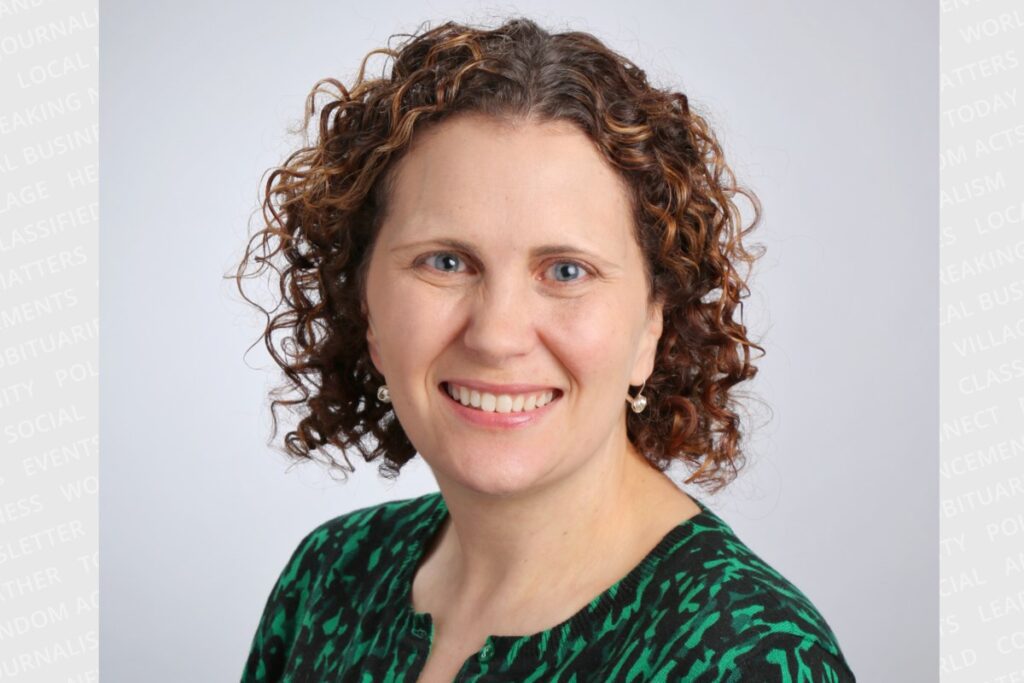“Masking” our problems can be more harmful than we realize, writes Melanie McGregor
Imagine being at work when a colleague says they need to leave early for a dentist appointment. Others’ responses would likely be “Good luck”, “Poor you,” or something similarly run-of-the-mill.
Now, imagine that your colleague says they need to leave early for a psychiatrist appointment. Would the responses be different? Maybe there would be jokes, digs or funny looks?
These kinds of responses reflect stigma – negative attitudes, beliefs and judgments about mental health and people experiencing mental health problems – and are one of the most common reasons people don’t speak openly about what they are going through, choosing to pretend everything is OK.
It’s called “masking”, and it’s the theme of this year’s Mental Health Week (May 5 to 11) in Canada.
Masking can take many forms, including:
- Minimizing what we are feeling, even if we might like to talk about it, and stating too-easy causes and solutions, like “I’m just tired”.
- Withdrawing from others to avoid having to mask, or covering things up to get through the work day and then being exhausted.
- Presenting an ideal life to others, often having exaggerated positivity.
Truth be told, we all ‘mask’ from time to time. We don’t always want to share everything with everyone, particularly about our mental health, and that’s OK.
The question is how often we feel like we have to mask and how this covering up impacts us. Masking can be exhausting, make mental and physical health worse, contribute to feelings of isolation and disconnection, and cause delays in getting the help and support we need to improve our well-being.
Mental Health Week reminds us that we all have mental health and will all struggle at some point, and we should feel like we can talk about a psychiatrist appointment the same way we talk about a dentist appointment without being judged.
What can we do if we are ready to unmask and share what we’re experiencing mental health wise?
Consider these ideas:
• Start small. Pick one person you trust and share what you’re comfortable with. You don’t need to tell everyone everything all at once.
• Remember that you are your own expert and there is no “normal”. Don’t minimize or dismiss your experiences. They are valid even if others don’t understand or can’t relate to them.
• Ask for what you need, whether it’s a listening ear, help finding support, or something else.
Importantly, remember that you are not alone. 1 in 5 Canadians will experience a mental health problem in any given year, and every single one of us deserves help and support.
There is more to every one of us than what is under our mask.
Melanie McGregor is the Manager of Health Promotions with the Canadian Mental Health Association Halton.

